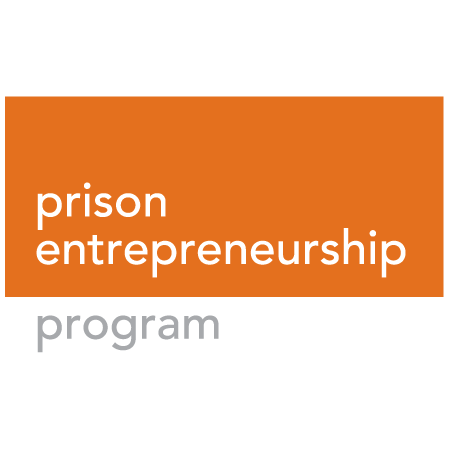Language Shapes Identity
The words we choose carry weight. In the context of incarceration, terms like “inmate,” “convict,” or “felon” have long been used to define individuals by their past actions, often overshadowing their humanity and potential for growth. Recognizing this, the Prison Entrepreneurship Program (PEP) has adopted person-first language, referring to individuals as “participants,” “men in the program,” or “returning citizens.” This shift emphasizes the person before their circumstances, fostering dignity and respect.
The Impact of Person-First Language
Adopting person-first language is more than a semantic change; it’s a step toward dismantling the stigma associated with incarceration. By focusing on the individual rather than their past, we acknowledge their capacity for change and reintegration into society. This approach aligns with broader movements advocating for humanizing language in the criminal justice system, promoting rehabilitation over punishment.
PEP’s Commitment to Redefining Narratives
PEP’s use of person-first language is integral to its mission of transforming lives. By reframing the narrative around incarceration, PEP empowers its participants to see themselves beyond their past, fostering self-worth and motivation. This linguistic shift is reflected in PEP’s programs, communications, and community engagements, reinforcing the belief that every individual deserves a second chance.
Conclusion
Language is a powerful tool in shaping perceptions and identities. By embracing person-first language, PEP not only challenges societal stigmas but also creates an environment conducive to personal growth and transformation. This commitment underscores the organization’s dedication to restoring dignity and offering hope to those seeking a new path forward.

